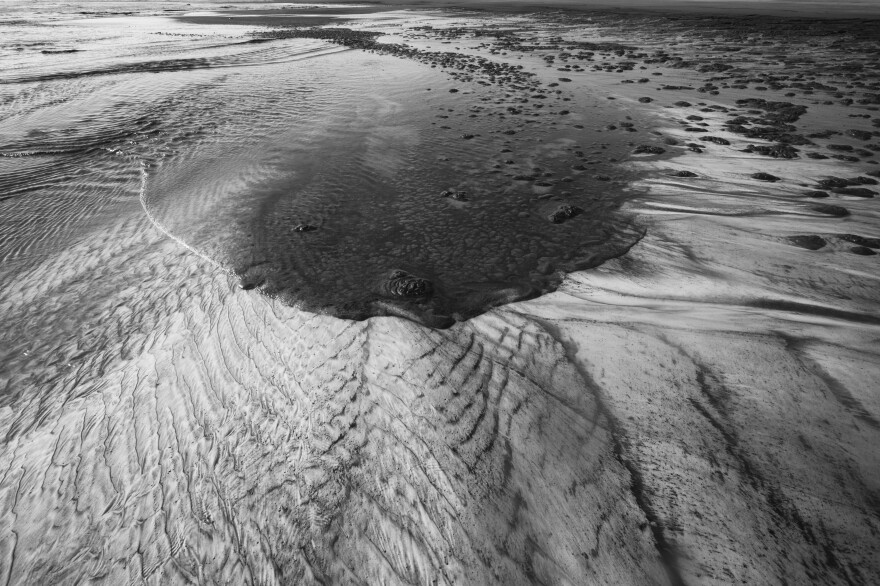Tunisia is a land of contrasts. The north African country and its people have a complex history and a rich cultural heritage. While the Western world may be familiar with the country's northern region littered with prosperous beach resorts and museums, the southern territories are rich in resources but often less visited by tourists.
Tunisian photographer Zied Ben Romdhane traveled to the region of Gafsa, the phosphate mining region in southwest Tunisia to record a country of mysticism and majesty, and its hard-working people, who are living simple but profound lives and fighting an often neglectful government.



Romdhane's work in West of Life shows the Tunisia that is rarely seen on the news. His images are of the region's daily life. We meet characters whose name we do not know but Romdhane's work makes us realize these characters' close relationship to their environment.
While the topography of the region is inhospitable and bleak, Romdhane shows it in all of its complexity and fullness; he balances harshness with humor and his affection for his subjects.
American writer and art historian Teju Cole wrote in his 2017 New York Times essay, "Which Photograph Stays in Your Memory?" that "all images, regardless of the date of their creation, exist simultaneously and are pressed into service to help us make sense of other images." Romdhane's Tunisia photos bear this out. They are reminiscent of other photographers' important works, namely Sebastiao Salgado's "Workers" or Danny Lyon's late 1960's image, "The Cotton Pickers, Ferguson Unit, Texas." They also have the rhythm and composition of war photographer Gerda Taro's images and the intimate work of Budapest-born photographer André Kertész.


West of Life is more than black-and-white images of working people. They have been photographed to show them as humans with the desire to have full ownership of their destiny, not to be the subjects of pity.
The people in West of Life have stories to tell, things to do, games to play. Their stories have political, social, and environmental overtones. Romdhane's work steps away from the mystical orientalism of golden sand and palm trees, and illuminates a region with bright light, shadows, architecture and emotion.
For more information about the book: "West of Life" please visit: Red Hook Editions.
Copyright 2023 NPR. To see more, visit https://www.npr.org.





